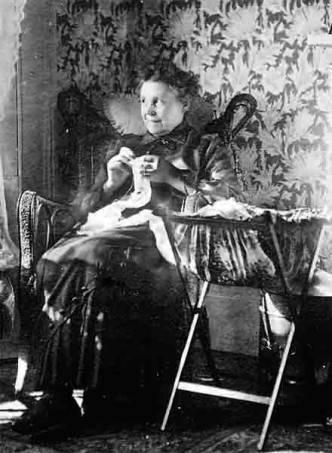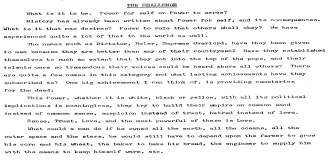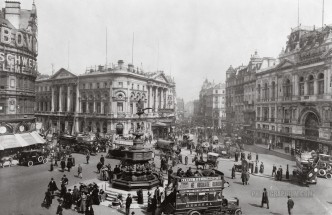Alice Maud Chase (1880-1968): Life Writing, Class & Identity
Alice’s life writing best fits into the political narrative form. This is outlined by Regenia Gagnier as being written by those with …
Alice’s life writing best fits into the political narrative form. This is outlined by Regenia Gagnier as being written by those with …
Regenia Gagnier identifies six different types of working-class autobiographies, the most appropriate of which in relation to Molly Keen’s ‘Childhood Memoire’ is …
In conditions of long work hours, crowded housing and inadequate light, it was difficult enough for them to contemplate themselves, but they …

‘… pinafores however must have been only for the “lower class”‘ (21) Averil Edith Thomas was very aware of her position in …

My life of eighty two years has been a wonderful experience of evolution and revolution, an evolution of having lived from the …
Regenia Gagnier argues that the working class autobiography changed in the way it was written in the 19th century. She argues that “bourgeois …
“In those days how did we pass our time, you would no doubt say – well it must have been awful – …

‘At the start of the Twentieth Century, women had a very stereotypical role in British society. If married, they stayed at home to …
The memoir titled ‘Friday The Thirteenth Of May’ (Thomas R. Flintoff, date unknown) best fits into the political narrative form. This is …
Working-class memoirs act as an autobiography about a person’s life as they provide an account of their life. It goes without saying …